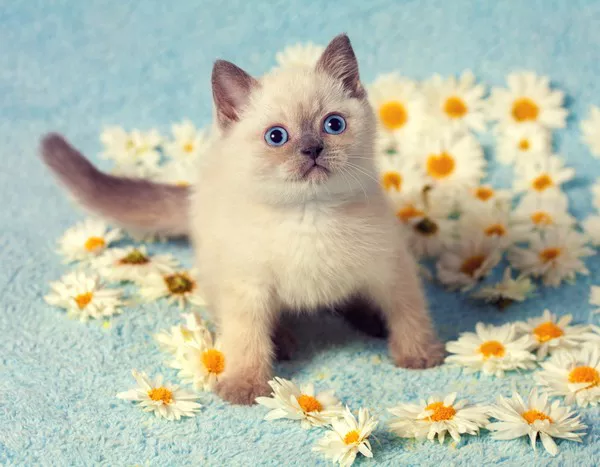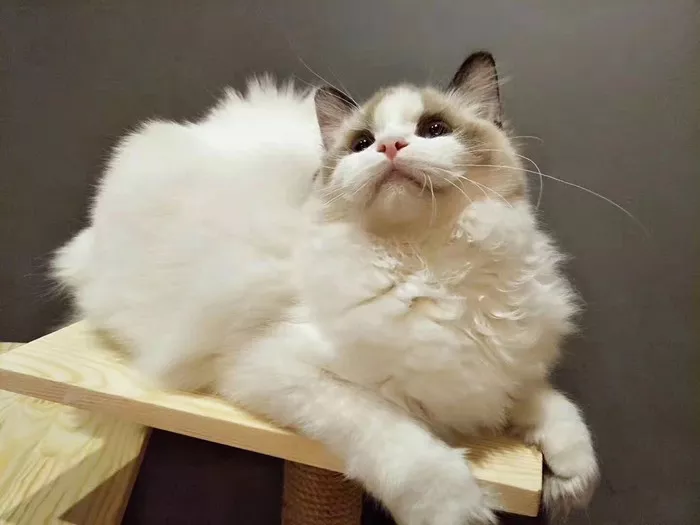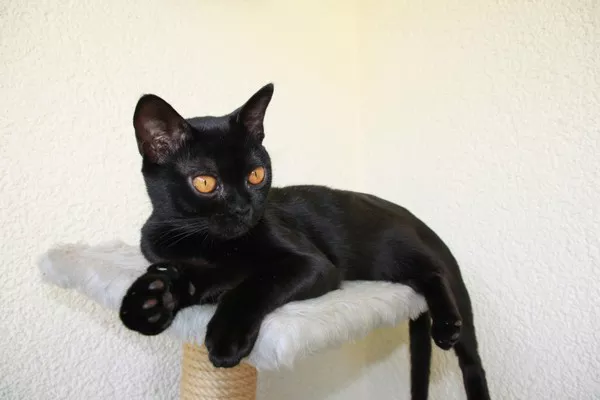Cats, with their curious nature and penchant for exploring anything that piques their interest, often find themselves in proximity to various human foods. Brownies, a delectable chocolate treat enjoyed by many, might become a source of feline curiosity. As responsible cat owners, it’s essential to understand the potential risks and consequences associated with offering brownies to our furry companions. In this comprehensive exploration, we delve into the ingredients of brownies, the impact of chocolate on cats, and how to ensure our feline friends maintain a safe and healthy diet.
Understanding the Ingredients: What Goes into Brownies?
Before assessing the safety of brownies for cats, it’s crucial to break down the typical ingredients found in these chocolatey delights.
Chocolate Content: The primary concern in brownies is chocolate, which contains substances called theobromine and caffeine. These stimulants belong to the methylxanthine class and can be toxic to cats.
Sugar and Sweeteners: Brownies often contain sugar or sweeteners like xylitol. While small amounts of sugar might not pose an immediate threat to cats, artificial sweeteners like xylitol can be extremely dangerous and lead to severe health issues.
Flour and Butter: The flour and butter used in brownies are generally harmless to cats in small quantities. However, the high-fat content in butter may contribute to obesity if consumed regularly.
Nuts and Add-ins: Some brownie recipes include nuts, which can be a choking hazard for cats. Additionally, certain nuts like macadamia nuts are toxic to cats.
Dairy Products: If brownies contain milk or other dairy products, lactose-intolerant cats may experience digestive issues.
Chocolate Toxicity in Cats: The Dangers of Theobromine and Caffeine
Chocolate, a key ingredient in brownies, contains theobromine and caffeine, both of which are methylxanthines. While humans can metabolize these substances relatively efficiently, cats process them much more slowly, leading to an increased risk of toxicity.
Theobromine Sensitivity: Cats are more sensitive to theobromine than dogs, making even small amounts of chocolate potentially harmful. Theobromine toxicity can lead to symptoms such as restlessness, increased heart rate, tremors, vomiting, and, in severe cases, seizures.
Caffeine Effects: Caffeine, another methylxanthine in chocolate, can cause similar symptoms. Cats are more sensitive to caffeine than humans, and ingestion can result in rapid breathing, increased heart rate, and hyperactivity.
Dark Chocolate vs. Milk Chocolate: Dark chocolate contains higher theobromine levels than milk chocolate, meaning it poses a greater risk of toxicity. However, any form of chocolate, including the chocolate in brownies, should be strictly avoided for cats.
See Also: Is Chocolate Dangerous For Cats?
Xylitol and Other Additives: Hidden Dangers in Brownies
Apart from chocolate-related concerns, certain additives commonly found in brownies can pose significant dangers to cats.
Xylitol Toxicity: Xylitol, an artificial sweetener used in some brownie recipes, is highly toxic to cats. Ingesting xylitol can lead to a rapid release of insulin, resulting in hypoglycemia (low blood sugar). Symptoms include lethargy, vomiting, loss of coordination, and seizures.
Nuts and Raisins: Nuts, particularly macadamia nuts, and raisins are sometimes included in brownies. Both nuts and raisins are known to be toxic to cats and can lead to various health issues, including kidney failure.
Allergic Reactions: Cats can have allergic reactions to certain ingredients in brownies, especially if they contain dairy products. Signs of allergies may include itching, swelling, and digestive upset.
Potential Risks Beyond Chocolate: Cats and Their Dietary Sensitivities
While theobromine in chocolate is a significant concern, it’s essential to recognize that other ingredients in brownies can also pose risks to cats.
Obesity: Brownies are calorie-dense, and the high-fat content, particularly in butter, can contribute to obesity in cats if consumed regularly.
Digestive Issues: Cats may have difficulty digesting certain ingredients in brownies, especially if they contain dairy. Lactose-intolerant cats may experience gastrointestinal upset.
Choking Hazards: Nuts or large chunks of brownies can pose choking hazards for cats. Cats are obligate carnivores and might not handle large, hard-to-chew pieces well.
Ensuring a Safe Feline Diet: What Can Cats Eat?
Understanding the risks associated with brownies highlights the importance of offering a diet that aligns with a cat’s nutritional needs. Here are safe and suitable food options for cats:
High-Quality Cat Food: A well-balanced cat food designed to meet feline nutritional requirements is the foundation of a healthy diet. Look for options that prioritize animal protein and include essential nutrients.
Lean Proteins: Cats are obligate carnivores, and lean proteins like poultry, fish, and lean meats are essential for their health. Cooked, unseasoned meats can be offered as treats in moderation.
Catnip and Cat Grass: Catnip and cat grass provide safe and enjoyable enrichment for cats. Many cats enjoy chewing on cat grass, which can aid in digestion.
Cat Treats: Commercial cat treats designed for feline consumption are a suitable way to offer occasional indulgences. Ensure treats are free from harmful additives.
Fresh Water: Hydration is crucial for a cat’s well-being. Always provide fresh, clean water to keep your cat adequately hydrated.
Conclusion:
In conclusion, while the idea of sharing a sweet treat with our cats might be tempting, the potential risks associated with brownies, particularly chocolate toxicity, make it an unsafe choice. Cats have unique dietary requirements, and understanding their sensitivities is crucial for their overall health and well-being. Opting for a nutritionally balanced cat food, along with occasional safe treats, ensures that our feline companions receive the care and nourishment they deserve. As responsible cat owners, our priority is to provide a safe and loving environment that promotes the health and happiness of our beloved cats.


























